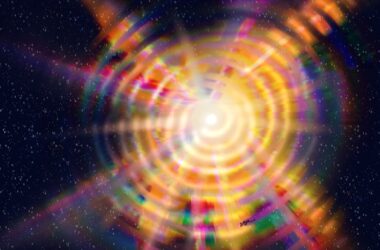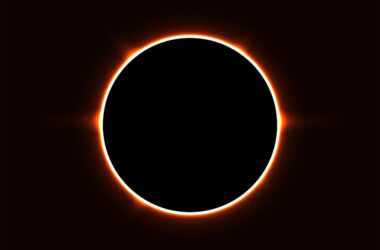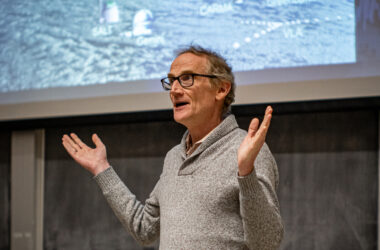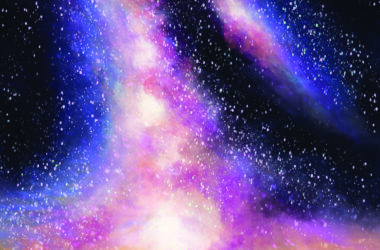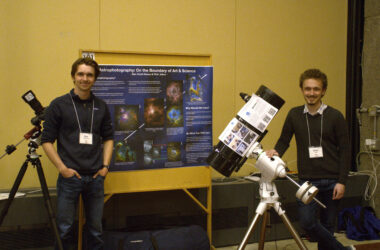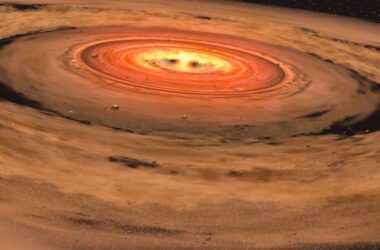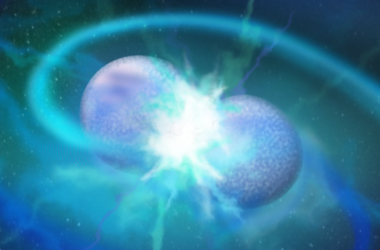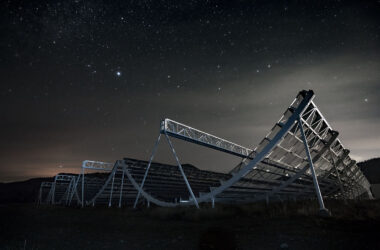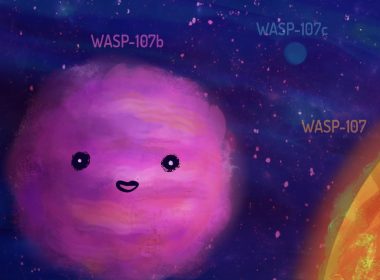For some, seeing images of distant galaxies induces feelings of excitement and curiosity. For others, it sparks fear and a sense of insignificance. And who can blame them? It’s easy to feel small when living in a seemingly infinite universe. The James Webb Space Telescope On Feb. 14, at the[Read More…]
Tag: astronomy
Trib Explains: A guide for viewing the total solar eclipse
On April 8, a celestial spectacle will appear in the skies above North America as the moon passes between the Earth and the sun, resulting in a total solar eclipse. Its totality—when the moon completely covers the sun—will occur at around 3:20 p.m. and last approximately one minute and 27[Read More…]
Demystifying the mysterious fast radio bursts
On Feb. 7, 2024, the Trottier Space Institute hosted a public lecture on the mystery of Fast Radio Bursts (FRBs), fleeting blasts of cosmic energy that can outshine an entire galaxy, but only for a few milliseconds. They invited Duncan Lorimer, professor of Physics and Astronomy and Associate Dean for[Read More…]
The sky’s the limit—or is it?
McGill hosted the eighth Interstellar Symposium from July 10 to 13 and assembled a stellar panel of experts, ranging from National Aeronautics and Space Administration (NASA) engineers to space lawyers, to discuss how to expand civilization into space. The public panel featured: Alan Stern, the engineer in charge of the[Read More…]
Advancing scientific frontiers through undergraduate research
On March 15, the fourth Undergraduate Poster Showcase took place in the Students’ Society of McGill University Ballroom, bringing in a new cohort of student scientists. Nearly 400 attendees congregated that evening to learn from the 117 students presenting their projects, ranging from earthquakes melting rocks to building a safer[Read More…]
McGill exoplanet specialist recognized for outstanding work in astrophysics
Last month, the Astronomical Society of India awarded McGill physics professor Eve Lee the 2022 Vainu Bappu Gold Medal for her work in astrophysics. The award honours young astronomers—typically under 35—for their exceptional achievements and potential. Lee’s work focuses on exoplanets, which are planets that orbit around other stars in[Read More…]
Astronomers identify new a star coated in helium-burning ashes
A recent discovery among the stars has caught the global attention of many astronomers and astrophysicists, as its existence challenges the fundamental theories of stellar astronomy. The new star is coated in oxygen and carbon, elements that form when helium is burned, as discovered by German astronomer Klaus Werner and[Read More…]
Top five podcasts to grab science on the go
For university students, podcasts can provide a much-needed respite from the monotony of studying and attending online classes. Their portable format makes them a great tool to learn science on the go while commuting, running errands, or doing chores. The McGill Tribune has compiled some of our favourite science podcasts[Read More…]
CHIME telescope maps the expanding universe
On Apr. 28, 2020, an unusually intense fast radio burst (FRB) was detected by the Canadian Hydrogen Intensity Mapping Experiment (CHIME) telescope located near Penticton, British Columbia. Although it was only partially captured by the telescope, the radio burst was intense enough in magnitude that, according to scientists working on[Read More…]
Puffy exoplanet challenges traditional notions of planet formation
Since the first exoplanet was discovered in 1992, scientists have identified more than 4,000 of these astronomical bodies. Exoplanets—planets found outside our solar system—have been shown to challenge traditional theories of planet formation, which were based on Earth’s own system. A recent study has revealed that gas giants can form[Read More…]
